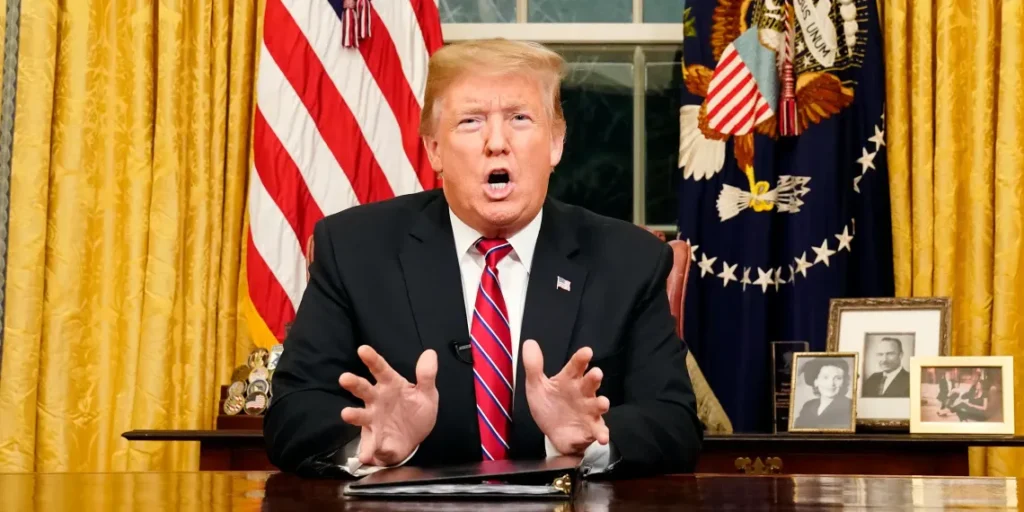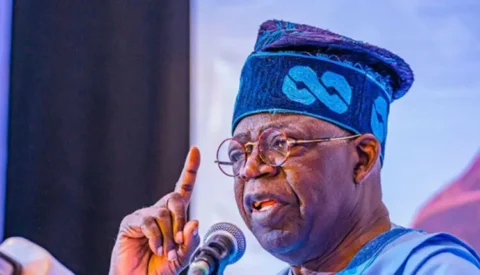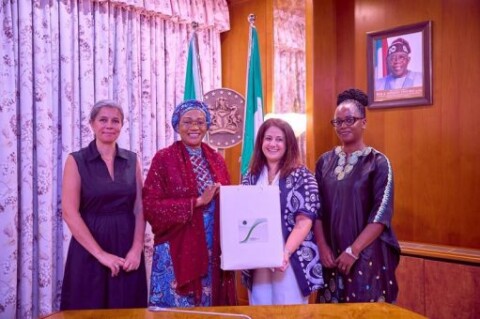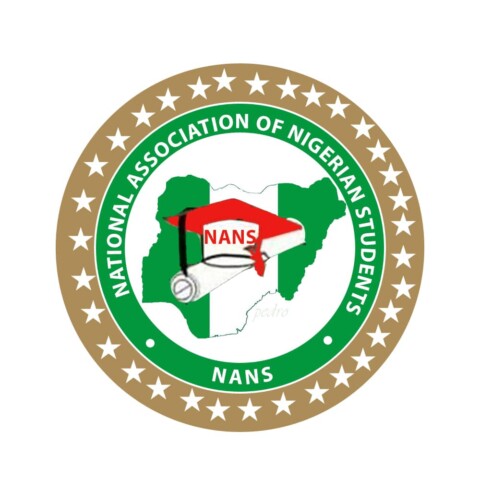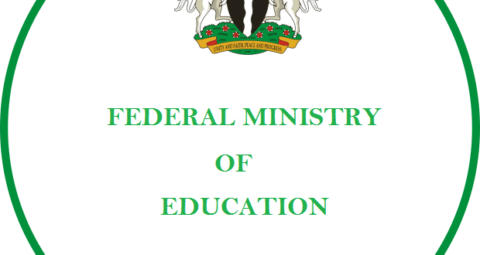The United States Embassy in Nigeria has introduced a new requirement mandating all applicants for F, M, and J nonimmigrant visas, including prospective international students and exchange visitors, to make their personal social media accounts publicly accessible as part of enhanced visa screening measures.
The directive, which takes immediate effect, was announced in a statement shared on the embassy’s official Instagram page on Monday.
“Effective immediately, all individuals applying for an F, M, or J nonimmigrant visa are requested to adjust the privacy settings on all of their personal social media accounts to ‘public,’” the embassy stated.
According to the embassy, the move is aimed at strengthening vetting processes to confirm the identities of applicants and assess their eligibility to enter the United States.
“We utilize all available information during visa screening to identify applicants who may be inadmissible to the United States, including individuals who could pose threats to national security,” the statement said.
Since 2019, US immigration policy has required visa applicants to disclose their social media identifiers on both immigrant and nonimmigrant visa forms. However, this latest directive marks a significant shift, demanding that applicants make their social media profiles publicly viewable for official scrutiny.
F, M, and J visas cater to nonimmigrant individuals pursuing academic studies, vocational or non-academic programs, and exchange visitor initiatives in the United States, respectively.
The updated guidance follows a statement issued on June 18 by the US Department of State, which confirmed that applicants under these visa categories will now undergo a thorough review of their online activities, including social media presence.
“The State Department is committed to safeguarding our nation and citizens by maintaining rigorous national security and public safety standards through the visa process. A US visa is a privilege, not a right,” the Department of State declared.
“Under new guidance, we will conduct comprehensive and detailed vetting—including examination of online presence—for all student and exchange visitor applicants in the F, M, and J nonimmigrant classifications. To facilitate this vetting, all applicants for these visa categories will be instructed to adjust the privacy settings on their social media profiles to ‘public,’” the Department elaborated.
The Department further noted that US embassies and consulates will soon resume processing F, M, and J visa applications. Prospective applicants were advised to monitor the relevant embassy or consulate websites for updates on appointment availability.
“Every visa adjudication is fundamentally a national security decision,” the statement emphasized. “The United States must exercise vigilance during the visa-issuance process to ensure that those seeking entry into the country do not pose risks to Americans or US interests, and that all applicants convincingly establish their eligibility for the visa sought, including demonstrating that their intended activities align with the terms of their admission.”

